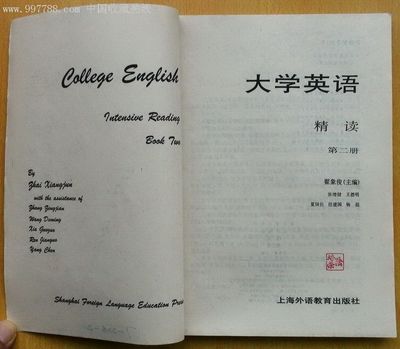Peking University Address
Neil L. Rudenstine
I come to you in the spirit of friendship and learning. This is my first visit to China, so I am at the beginning of a voyage of discovery—one I have looked forward to for many years. Our universities, as well as our societies, have different cultures and traditions, and much still to learn about one another. At the same time, we hold many things in common.
One of them—perhaps the most important—is our belief in the power of education: a belief that all of us, through a devotion to learning, can lead lives of value to the societies in which we live.
This brings me to the importance of what we might refer to as “humane” learning. There has been growing pressure, in the United States and elsewhere, to demonstrate the value of university education and research in terms of its direct, tangible economic benefits.
It is certainly important that university research contribute to economic well being. And it is certainly important that a university education help students to pursue useful and satisfying work. At the same time, however, there is much more to excellent education than can be measured in dollars or RMB. The best education not only helps us to be more productive in our professions, it also makes usmore reflective, more inquiring and insightful, more complete and fulfilled human beings. It helps scientists to appreciate the arts, and artists to appreciate the sciences. It helps us to see connections across different fields of learning that we otherwise might not grasp. It helps us to lead more interesting and valuable lives: as individuals, and as members of our communities.
And so, at Harvard we are working exceptionally hard—under complicated conditions—to sustain a tradition of what we call a “liberal education” in the arts and sciences. Our undergraduate students, during their four years in residence, do intensively pursue a major field of study, whether in chemistry, economics, political science,art, or some other discipline. But they are also expected to study broadly across several different subjects—from moral philosophy and ethics to mathematical reasoning, from the natural sciences to literature, form history to the study of other cultures. Most of Harvard’s undergraduate students also spend a great deal of time on activities outside the classroom: helping to provide social services to members of our neighboring communities, or writing for newspapers and journals, or playing in orchestras or other musical groups. Indeed, relatively few of our students embark on their actual professional training until they have completed four years of undergraduate education in the liberal arts and sciences.

This model is unusual compared to others in the world, and I certainly do not suggest that it is suitable for all systems of higher education. But behind the model lies a powerful philosophy: a strong belief that a university education should stimulate our curiosity and open our minds to new ideas and experiences.
It should encourage us to think about our unexamined assumptions, and about our values and beliefs. That is one reason we study the philosophy, customs and ways of life of other countries and cultures. In doing so, we not only learn more about other peoples, but also about ourselves. Such learning presents a difficult educational challenge, but it is one that represents an ideal to which we can all aspire.
Comprehension and Discussion
1、 What is the “growing pressure” on university edu.?
2、 What are the things that excellent education offers that cannot be
measured in dollars or RMB?
3、 What activities outside the classroom do students at Harvard participate
in?
4、 When do most students at Harvard embark on their actual professional
training?
5、 Does the author believe the model of Harvard is suitable for all systems of
higher education?
6、 What lies behind the educational model of Harvard?
7、 Why is it necessary to study the philosophy, customs, and ways of life of
other countries and cultures?
百度搜索“爱华网”,专业资料,生活学习,尽在爱华网
 爱华网
爱华网

